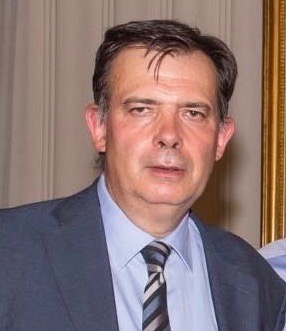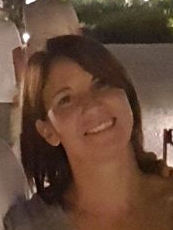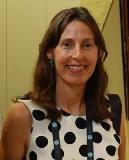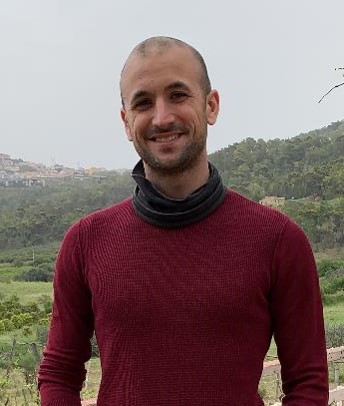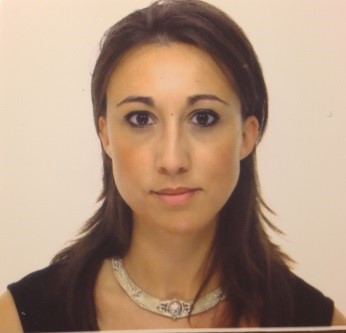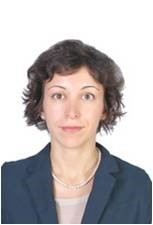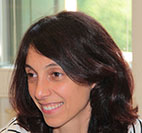Studying at the University of Verona
Here you can find information on the organisational aspects of the Programme, lecture timetables, learning activities and useful contact details for your time at the University, from enrolment to graduation.
Academic calendar
The academic calendar shows the deadlines and scheduled events that are relevant to students, teaching and technical-administrative staff of the University. Public holidays and University closures are also indicated. The academic year normally begins on 1 October each year and ends on 30 September of the following year.
Course calendar
The Academic Calendar sets out the degree programme lecture and exam timetables, as well as the relevant university closure dates..
| Period | From | To |
|---|---|---|
| I semestre | Oct 1, 2024 | Jan 31, 2025 |
| II semestre | Mar 3, 2025 | Jun 13, 2025 |
Exam calendar
Exam dates and rounds are managed by the relevant Science and Engineering Teaching and Student Services Unit.
To view all the exam sessions available, please use the Exam dashboard on ESSE3.
If you forgot your login details or have problems logging in, please contact the relevant IT HelpDesk, or check the login details recovery web page.
Should you have any doubts or questions, please check the Enrollment FAQs
Academic staff
Study Plan
The Study Plan includes all modules, teaching and learning activities that each student will need to undertake during their time at the University.
Please select your Study Plan based on your enrollment year.
1° Year
| Modules | Credits | TAF | SSD |
|---|
Due insegnamenti a scelta2° Year It will be activated in the A.Y. 2025/2026
| Modules | Credits | TAF | SSD |
|---|
3 modules among the following| Modules | Credits | TAF | SSD |
|---|
Due insegnamenti a scelta| Modules | Credits | TAF | SSD |
|---|
3 modules among the followingLegend | Type of training activity (TTA)
TAF (Type of Educational Activity) All courses and activities are classified into different types of educational activities, indicated by a letter.
Molecular Cell Biology and Biotechnological Applications (2024/2025)
Teaching code
4S008240
Credits
6
Coordinator
Not yet assigned
Language
Italian
Scientific Disciplinary Sector (SSD)
AGR/07 - AGRICULTURAL GENETICS
Courses Single
Authorized
The teaching is organized as follows:
Bioreattori vegetali teoria
Credits
2
Period
II semestre
Academic staff
Not yet assigned
Biologia cellulare molecolare teoria
Credits
2
Period
II semestre
Academic staff
Not yet assigned
Bioreattori vegetali laboratorio
Credits
1
Period
II semestre
Academic staff
Not yet assigned
Biologia cellulare molecolare laboratorio
Credits
1
Period
II semestre
Academic staff
Not yet assigned
Learning objectives
Learning objectives Frontal Lessons -recognize the complexity of the eukaryotic cell and list the sites of production and destination of the proteins with particular emphasis on the plant cell -define the “targeting” and “sorting” concepts; - describe the processes of vesicles formation and fusion and the mechanism of cargo selection; - identify the different paths of the proteins to their final destination; - distinguish the different information necessary for targeting a protein along the default pathway and along the other paths; -follow the post-transductional modifications of proteins along the secretion pathway focusing on quality control processes; - acquire an appropriate scientific language; - apply the acquired knowledge to eukaryotic cell engineering. Laboratory - prepare fresh plant samples for observation with standard and confocal microscopes; -use various types of fluorescence microscopes: conventional, inverted, stereomicroscope, confocal; - choose reporter proteins and fluorescent probes to mark various sub-cellular compartments based on the complementarity of emission spectra and available facilities (types of microscopes and filters); -observe and interpret the intercellular localization of fluorescent reporter proteins in various compartments through fluorescence and confocal microscopy, using specific probes to identify the compartments; - Acquire images under fluorescence and confocal microscopes and analyze them. Bioreactors Module Learning objectives Frontal Lessons -to define the concept of molecular farming; -to distinguish between stable and transient expression of recombinant proteins in plant systems; -to describe the major applications of molecular farming, including the production of nanomaterials, antibodies and vaccines; -to discuss the various strategies to optimise the production of recombinant proteins in plant systems, including the one based on human glyco-engineering, and their fields of application; -to evaluate the impact of different downstream processing strategies in the production system; -to plan production systems for molecules with medical and industrial applications using plants. Laboratory -to design genetic constructs with different fluorescent reporter proteins that accumulate in different sub-cellular compartments; -to prepare constructs with different fluorescent reporter proteins that accumulate in different sub-cellular compartments; -to express transiently those reporter proteins in the leaves of the model host plant species Nicotiana benthamiana; -to measure the yields of the expressed proteins using semi-quantitative western blotting and to compare the efficacy of each single approach.
Type D and Type F activities
Training offer being defined
Career prospects
Module/Programme news
News for students
There you will find information, resources and services useful during your time at the University (Student’s exam record, your study plan on ESSE3, Distance Learning courses, university email account, office forms, administrative procedures, etc.). You can log into MyUnivr with your GIA login details: only in this way will you be able to receive notification of all the notices from your teachers and your secretariat via email and soon also via the Univr app.
Graduation
Deadlines and administrative fulfilments
For deadlines, administrative fulfilments and notices on graduation sessions, please refer to the Graduation Sessions - Science and Engineering service.
Need to activate a thesis internship
For thesis-related internships, it is not always necessary to activate an internship through the Internship Office. For further information, please consult the dedicated document, which can be found in the 'Documents' section of the Internships and work orientation - Science e Engineering service.
Final examination regulations
List of theses and work experience proposals
| theses proposals | Research area |
|---|---|
| Dinamiche della metilazione del DNA e loro contributo durante il processo di maturazione della bacca di vite. | Various topics |
| Miglioramento del profilo nutrizionale e funzionale di sfarinati di cereali mediante fermentazione con batteri lattici | Various topics |
| Risposte trascrittomiche a sollecitazioni ambientali in vite | Various topics |
| Studio delle basi genomico-funzionali del processo di embriogenesi somatica in vite | Various topics |
Attendance
As stated in the Teaching Regulations for the A.Y. 2022/2023, attendance is not mandatory. However, professors may require students to attend lectures for a minimum of hours in order to be able to take the module exam, in which case the methods that will be used to check attendance will be explained at the beginning of the module.

 linda.avesani@univr.it
linda.avesani@univr.it
 +39 045 802 7839
+39 045 802 7839
